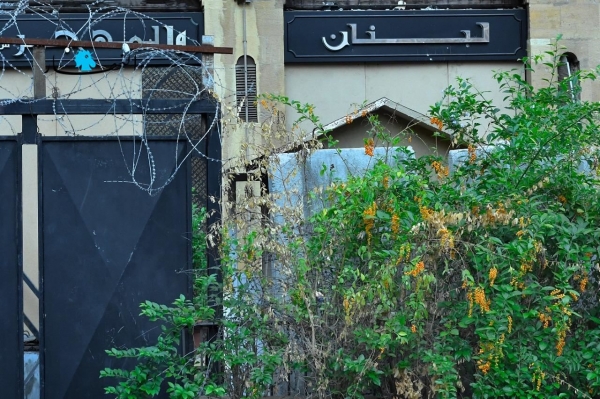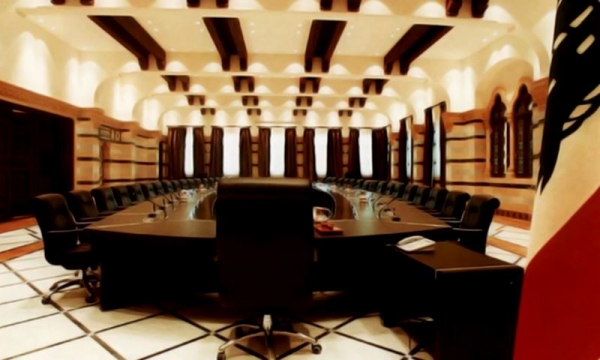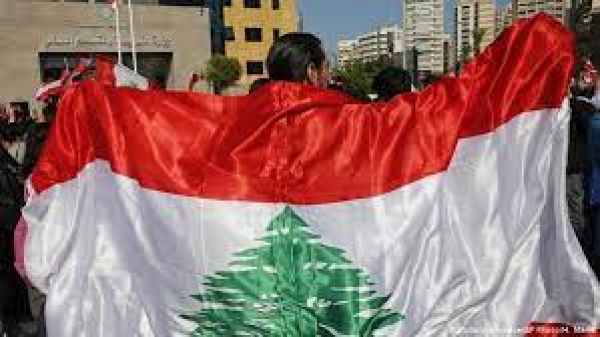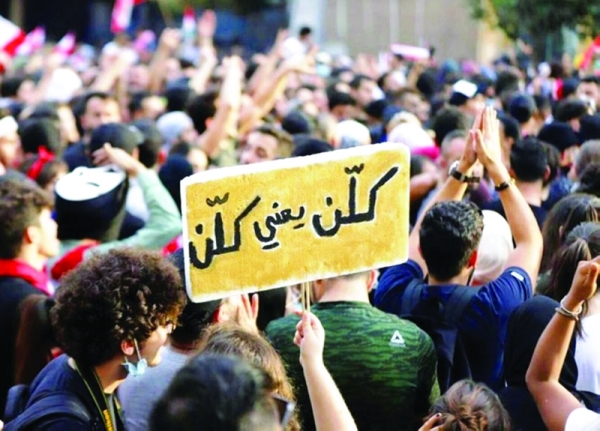The Antelias Cultural Movement
Establishment
The movement arose in 1978 as an outcry against the terror and extremism that riddled the Lebanese Civil War. It gained official recognition as a non-profit cultural organization in 1984 and Dr. Issam Khalifeh serves currently as its Secretary General. Although nestled within the Maronite Monastery of Saint Elias, the movement does not operate in the capacity of a religious or partisan movement or club, but rather with an autonomous secularist orientation.
The Antelias Cultural Movement aims to provide a favorable cultural climate that establishes the grounds for open and civilized dialogue between all segments and movements in various fields with a view to consolidate national unity on the basis of independence, prosperity and openness as well as to promote the values of democracy, freedom, peace and human rights. Providing knowledge of a quality that befits educated men is what the Movement hopes to achieve by bringing together all societal segments.
Activities
Functioning on several fronts and relying on the concerted action of its members, the Antelias Cultural Movement organizes several conferences, lectures and activities, all of which have cultural focus. At the forefront of its fixed annual cultural events is the most-anticipated Festival of Lebanese Books, which ranks highest in significance. The Festival is held on the first Saturday of March and hosts a wide range of activities over two consecutive weeks. Of these activities we mention the following:
The Antelias Book Fair
This exhibition is an opportunity to celebrate litterateurs and writers and revive the role of books in broadening knowledge and opening new horizons. The event is central to the publishing year and it encourages both public and private sectors to exert all efforts necessary to publicize the book industry and inculcate reading habits. Proceeds from the fair are the sole source of income that guarantees the financial survival of the Movement and the financing of other activities (conferences, book signings, honorary celebrations, etc.).
Particular attention is paid to school and university students through different morning activities and the Fair becomes a stage for encounters between student communities and famous names in sports and arts. In addition to its educational, social and psychological discussions, the exhibition features a number of plays, holds general knowledge quizzes and displays its latest publications on different stands.
Honoring Cultural Gurus
Faithful to a long-established tradition, the Festival pays tribute to Lebanese towering cultural figures in due recognition of the literary, scientific and intellectual contributions they have offered to our cultural heritage over the past decades. Honorary seminars are held to celebrate them and their biographies are documented and featured in a yearly booklet entitled Lebanon’s Cultural Gurus.
Not long ago, the Movement decided to add Arab high achievers to its list of celebrated figures, thereby saluting a number of Arab historians and authors in a symbolic gesture that reiterates the commitment of both the Cultural Movement and Lebanon to Arabism and to cross-cutting Arab issues. The Movement’s 33rd Festival concluded this year with a tribute evening commemorating the late unforgettable music icon, Wadih Safi, in the presence of an elite of artists and intellectuals.
National Cultural Conference
Every year, the Antelias Cultural Movement holds a national conference on major Lebanese issues and invites members of the intelligentsia, including academics, writers and researchers from Lebanon and the region, to join the discussion and debate the subject in a sound and scientific manner.
Future plans
Despite the difficulties it faces, particularly financially amid the clear decline in revenue from books, the Movement is planning to issue the Lebanon’s Cultural Gurus encyclopedia, stressing once again the significance of such publications in documenting the intellectual and cultural contribution of Lebanese thinkers and innovators.
Challenges
The Movement bemoans the declining cultural presence in the Lebanese life and the apathy of the new generation towards cultural and intellectual areas. This, coupled with the decrease in the Book Fair’s proceeds and the failure to find sufficient funding resources, jeopardizes the survival of the Movement. Members of the Movement ascribe these drawbacks to the ailing economy and the difficulties of providing adequate subsidies, the lack of which reduce the frequency of people’s visits to the fair. This, in turn, affects the involvement of publishers and limits their production.








اترك تعليقا